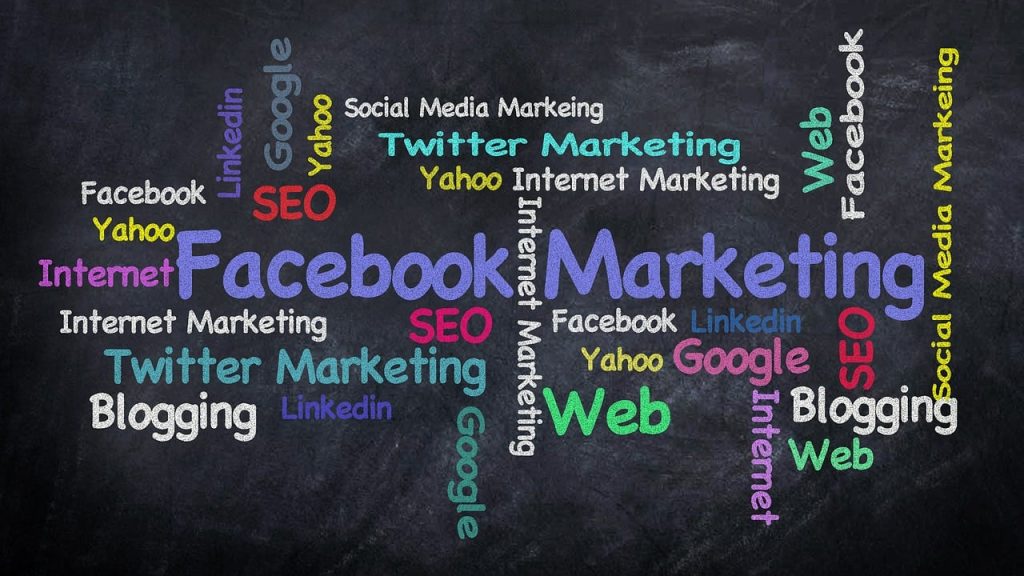In 2024, the digital landscape continues to evolve rapidly, with affiliate marketing and digital marketing standing out as two popular strategies for businesses looking to reach their target audience effectively. Let’s delve into the key differences between these two approaches and why they remain at the forefront of online advertising.
Affiliate marketing involves partnering with individuals or other companies (affiliates) who promote your products or services in exchange for a commission on sales generated through their unique referral link. This form of marketing is highly cost-effective as businesses only pay for actual results achieved, making it a low-risk investment compared to traditional advertising methods.
On the other hand, digital marketing encompasses a broader range of online tactics aimed at promoting a brand, product, or service using various digital channels such as social media, email campaigns, search engine optimization (SEO), content marketing, and more. Digital marketing allows businesses to create targeted campaigns tailored to specific audiences and track performance metrics in real-time for continuous optimization.
Both affiliate marketing and digital marketing offer distinct advantages that contribute to their popularity in 2024:
- Reach and Exposure: Affiliate partnerships enable brands to tap into the networks of individual affiliates, reaching new audiences that may not have been accessible through traditional means. Digital marketing leverages multiple online platforms to increase brand visibility and engage with potential customers across different touchpoints.
- Cost-Effective Results: Affiliate programs operate on a performance-based model where commissions are paid only upon successful conversions, ensuring that businesses get value for money spent on promotions. Digital marketing tools like analytics software allow companies to measure ROI accurately and adjust strategies based on data insights.
- Targeted Advertising: Both affiliate and digital marketing enable precise targeting based on demographics, interests, behavior patterns, location, etc., ensuring that promotional efforts are directed towards relevant prospects likely to convert into customers.
- Flexibility and Scalability: Businesses can easily scale up their affiliate network or expand digital campaigns depending on market demand without significant upfront costs involved in traditional advertising methods.
In conclusion,
Affiliate Marketing vs Digital Marketing – both offer unique benefits that cater to different business needs when it comes down driving traffic & sales online.It is essential for companies in 2024 seeking effective ways to enhance their online presence and drive revenue growth by leveraging both affiliate marketing’s power partnerships & the comprehensive approach offered by diverse digital channels available today!
